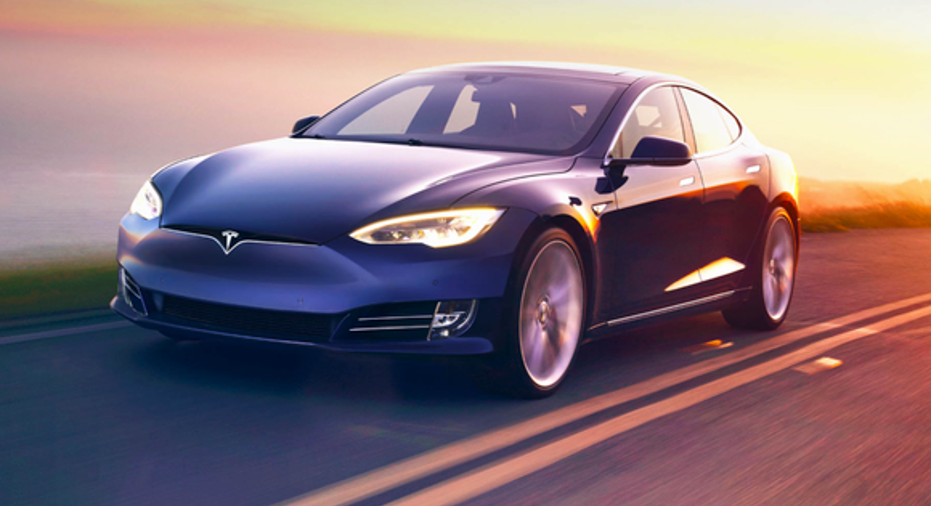Tesla's Deliveries Miss Target Again

Tesla Motors missed its vehicle delivery target for the second consecutive quarter and is on track to fall short of its annual target, suggesting the U.S. electric car maker is still wrestling with production issues as it looks to transform itself into a mainstream, high-volume manufacturer.
Tesla, led by Silicon Valley star Elon Musk, delivered 14,370 vehicles during the second quarter, missing its target of 17,000 vehicles, it said in a statement on Sunday.
The company blamed an unusually large number of vehicles still in transit to customers and an "extreme" production ramp that led to almost half of the quarter's vehicles being made in the last four weeks,
Tesla said it expects to deliver about 50,000 vehicles during the second half of the year. Having delivered only 29,190 vehicles in the first two quarters, even if it hits that target, it would leave the company just short of the low end of its earlier expectation of 80,000 to 90,000 deliveries this year.
Some analysts have questioned Tesla's ability to smoothly and quickly transition to higher-volume production, given the rocky start for its Model X. The technology-heavy sport utility vehicle has faced problems including parts shortages and quality issues, such as non-fastening doors.
The delivery target miss is the latest unwelcome development for CEO Musk. Tesla's offer to buy solar installation firm SolarCity Corp last month got a mixed reception from investors. Last week, U.S. safety regulators announced an investigation into a fatal crash in which the driver of a Tesla Model S car was using its Autopilot feature, the first such accident that has been made public.
The U.S. National Highway Traffic Safety Administration is now investigating 25,000 Model S sedans that are equipped with the Autopilot system.
Tesla has been gearing up production of its first mass-market car, called the Model 3 sedan, after receiving 373,000 reservations for the vehicle, which will start at $35,000 before tax breaks. It is set to go into production in late 2017.
CEO Musk said in May that his company is aiming to build a total of 500,000 all-electric vehicles in 2018, and that its 2020 volume target was close to 1 million vehicles.
(Reporting by Abinaya Vijayaraghavan in Bengaluru; Editing by Bill Rigby)



















